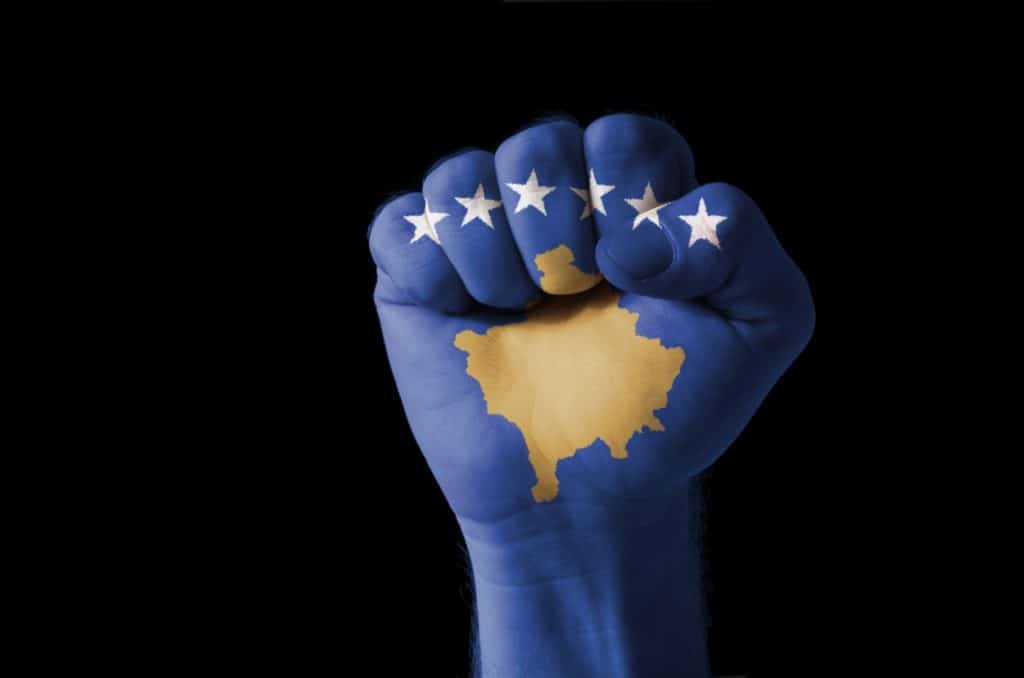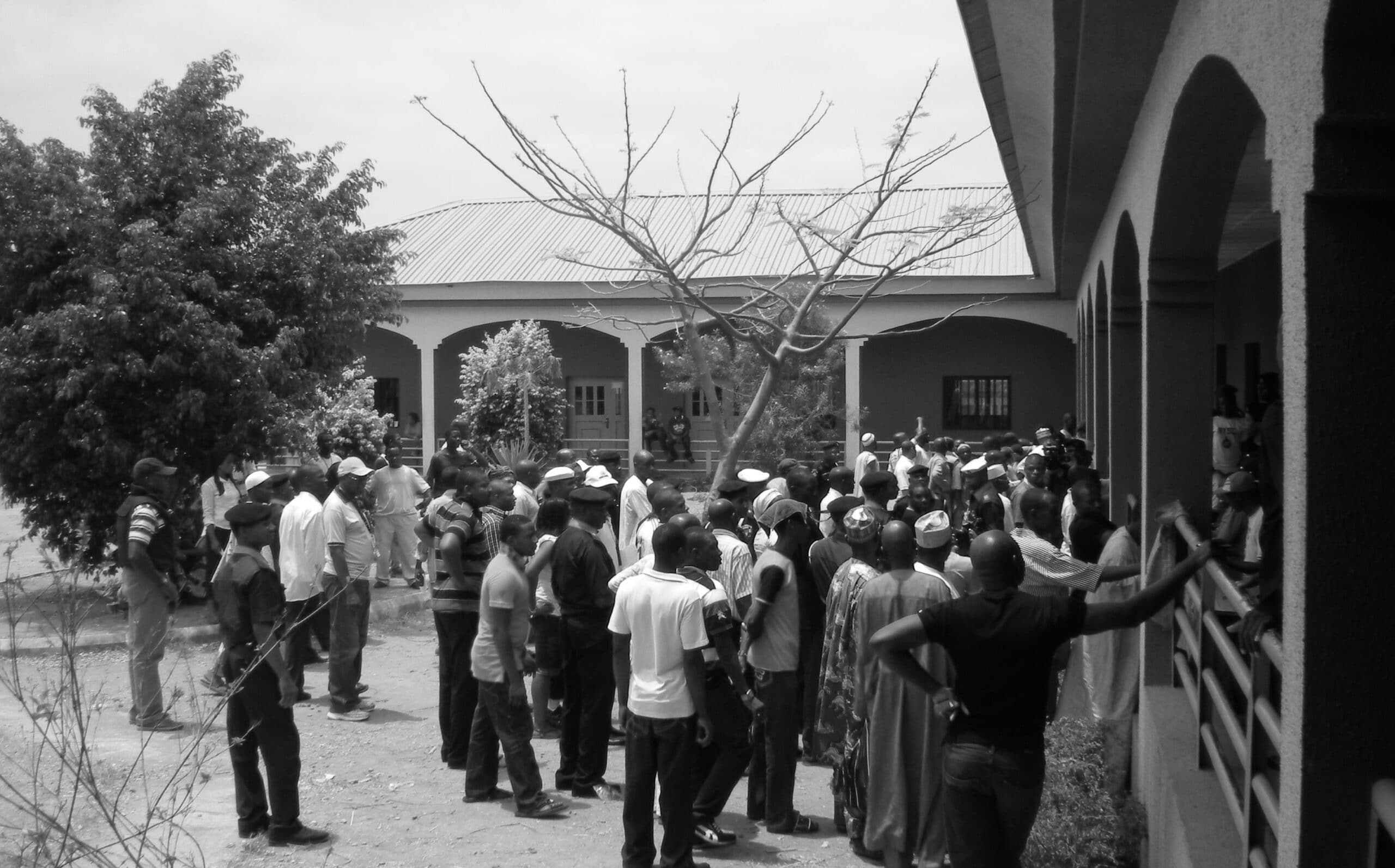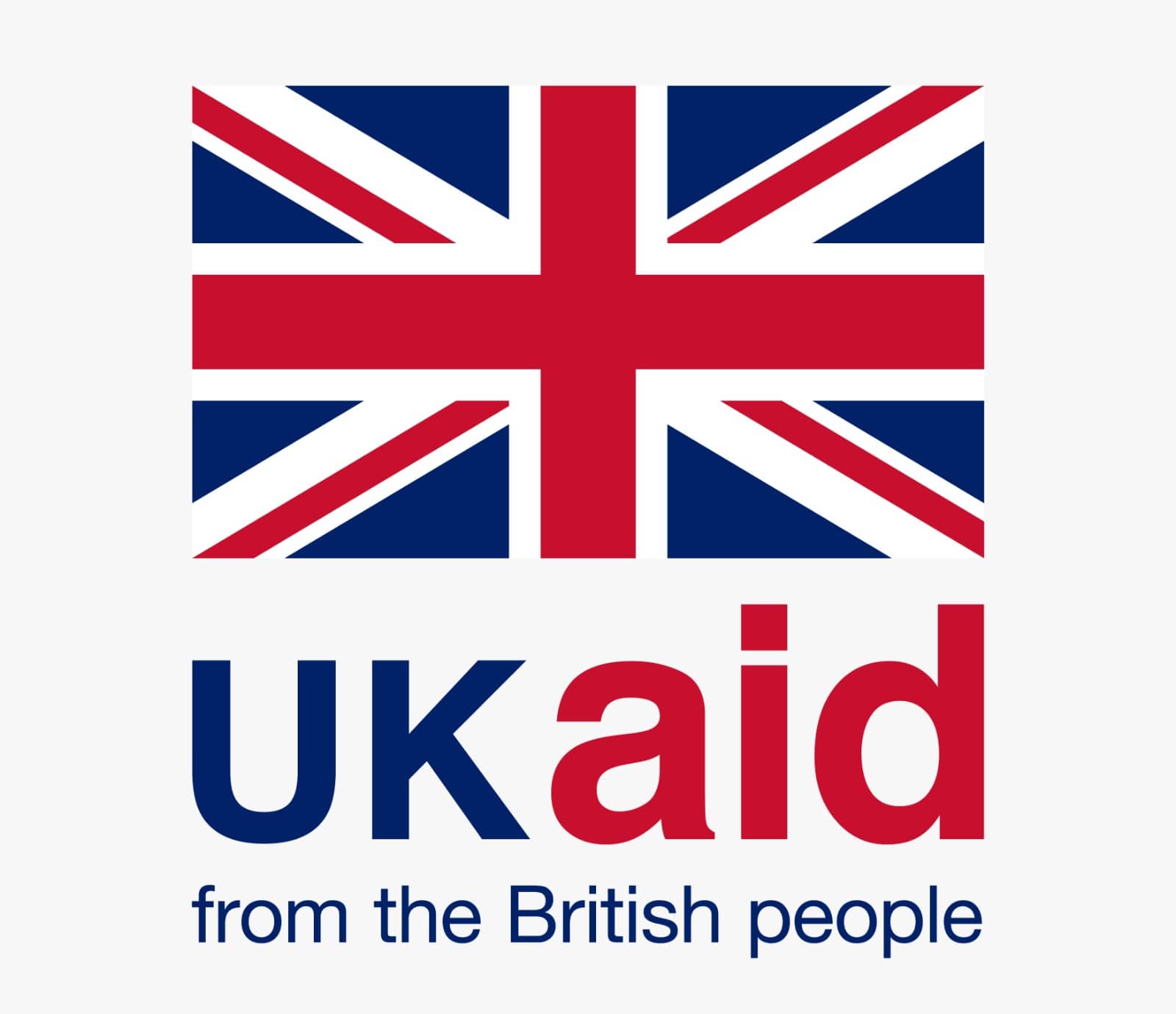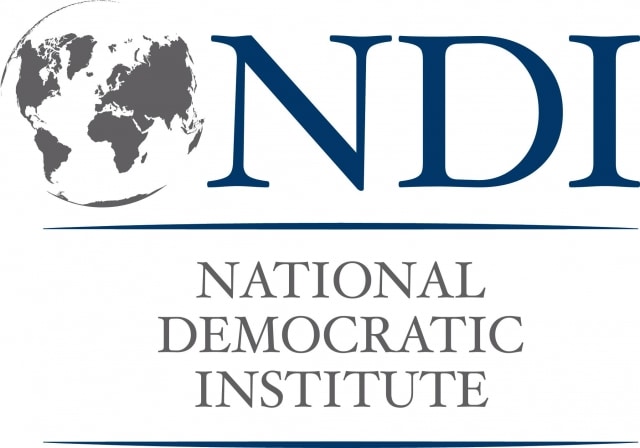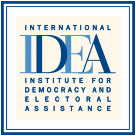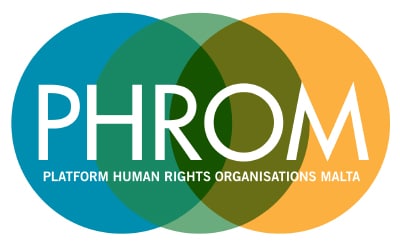Libya: What Needs To Happen Now
With writing by BCI and Frank Talbot, of Libya Reverb Project
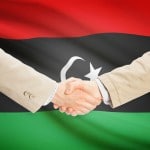
Defying sceptics and bluster of opposition, Libya’s Government of National Accord finally arrived in Tripoli, albeit by sea. Now it begins not just the hard work of winning and building alliances, securing it’s premises, but it must get on with the business of governing Libya out of a security and economic free fall. While divination of Libya’s path is fraught with uncertainty and a large measure of “it’s Libya, anything could happen”, we attempt to outline some key events and benchmarks on the horizon to which we need to pay attention. These are, generally, lumped into three categories:
- Roadmap Necessities
- Stabilization and securing Libya
- Economic stabilization
Road Map Necessities
The Constitution – For “Transitional Libya” to move on, it needs to develop and adopt a constitution. The Constitutional Drafting Assembly has puttered along, through the difficult times of Libya’s descent into chaos. ,A draft of questionable quality exists – though with some large issues still outstanding; location of the national capital, promotion of women’s participation in the political process, and issues related to minority “cultural components” or communities.
Implementing the Libya Political Agreement – Getting the two legislative chambers, and various councils up and running will not be without friction. The international community must invest in, and support, the stabilisation and functioning of these institutions, as their shelf-life comes with a two-year best before date, and Libyans have reacted aggressively in the face of perceived extensions to mandates.
Stabilising and Securing Libya
Ceasefires and militias – DAESH and other terrorist organisations notwithstanding, Libyans have to stop shooting at each other and reign in their outlaw militias. Decisive action in needed against armed gangs and the police and army must absorb those young men who want employment in the military and security forces. Experience shows this will be a difficult and tumultuous process, but the government must know they have the support of the people in achieving secure communities. The international community will be active for many months supporting Libya’s fight against terrorist organisations.
Opening of Trade and Air routes – Overland and sea routes continue to be the most reliable for import and human travel. However, resumption of international air carrier traffic to Libya will be an important signal for Libyans. Turkish Air and Tunis Air will lead the pack but until airports can demonstrate improved competence, it may be considerable time before insurance companies and IATA approve airports for EU-based airlines to land.
Diplomatic missions – The reopening of diplomatic missions will be quick, already rumours about Tunisia, Morocco, and Malta reopening though certainly neighbouring countries will be first, followed by key UN officials and European embassies. Of the big EU member states, the Italians will be the first to get back up to full speed, probably followed by the UK and France. Given the current US electoral cycle, there may be some limited US diplomatic presence in Libya, though nothing very public or visible until after the US election. Until then, Libyans will continue to travel outside of the country to obtain visas.
Economic Stabilisation
Oil facilities and production – Given the low cost of oil in world markets, it is unlikely there will be a big rush back to the fields by western oil companies; the rewards are not worth the risks at this point. Oil terminals will open quickly, and what oil product is stored there will be loaded and shipped for sale on global markets. There will be assessments to examine the damage done to oil infrastructure, repairs and slow return to full production – though increased production will likely further drive down the cost of oil.
Allowing the central bank to set fiscal policy – The Central Bank has, despite the attempts by competing factions, largely remained above the political chaos of the past two years. That said, violence and political spats have severely impacted the Bank’s ability to function at its full potential. Libya’s Finance Minister will need to work closely with the Central Bank in developing realistic budgets, and communicate effectively with the public the fiscal realities produced by two years of chaos.

